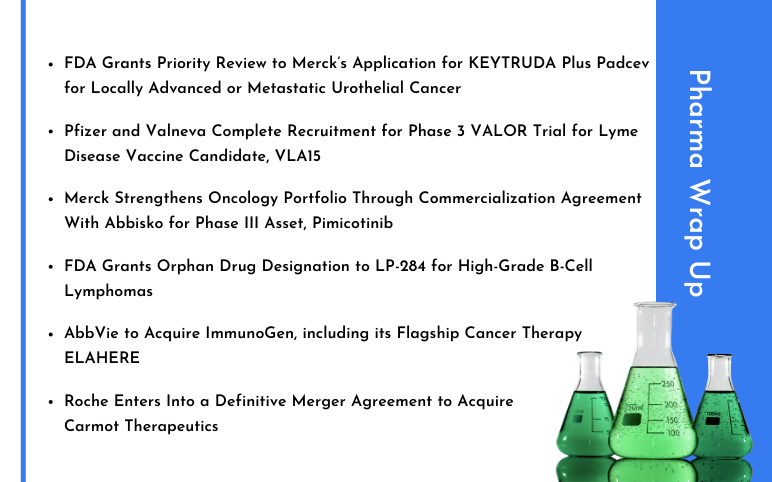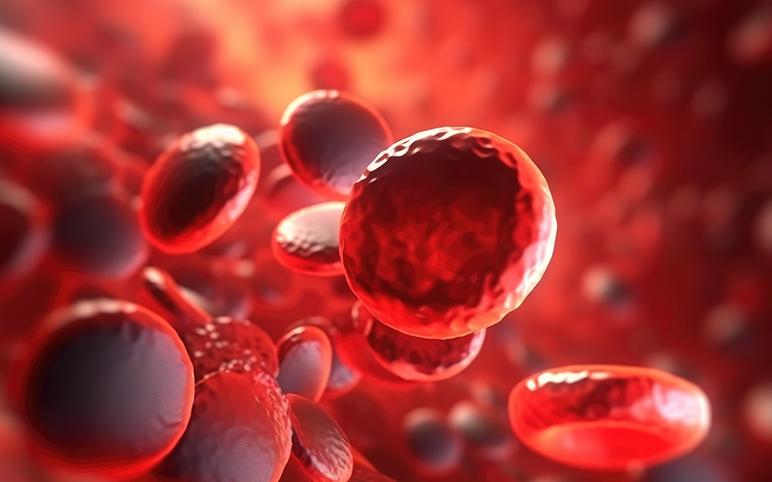Table of Contents
Sanofi investing around $2B into biologics production over next 3 years
Following the recent approval of two new biologics, Dupixent and Kevzara, and a pipeline stuffed full of large-molecule drugs, Sanofi will invest as much as €2 billion on its biologics manufacturing network over the next several years. The disclosure came today during a media event and was confirmed by a spokesman for the French drugmaker. Philippe Luscan, executive VP of global industrial affairs, said at the event that the company will plow €600 million ($673 million) a year on its biologics production over the next two to three years. The investments will reinforce three major hubs in the U.S., Germany, and France, where Sanofi is doing the production of biologics like monoclonal antibodies (mAbs). The investments will be for capacity expansion and hiring at different sites in those hubs. With about 72% of its R&D projects made up of to biologic drugs, many made from cells, the French drugmaker, like its peers, has shifted its spending to concentrate on production of these more complex drugs.
ICER pitches lower price for Amgen PCSK9
PCSK9 drug makers and their pharma peers have hit out at the Institute for Clinical and Economic Review, arguing that the self-appointed cost watchdog uses flawed methods to assess new medications. Now, ICER is going even further on its claim that Amgen’s new cholesterol fighter isn’t worth what the company’s charging. ICER previously determined a value-based price benchmark of $5,404 to $7,735 for Repatha, compared with a list price of $14,100 per year. On Wednesday, based on new cardiovascular outcomes data Amgen released since that assessment, the nonprofit said that target is too high. Amgen has said its net price after rebates ranged from around $7,700 to $11,200 annually, which it sees as good value for money. The group’s previous assessment, released in 2015, assumed a mortality benefit for the med that was not seen in the much-anticipated Fourier trial results unveiled by Amgen at the American College of Cardiology annual meeting in March.
University of Maryland team lands $6M in NIH funding for novel HCV vaccine
Next-gen hepatitis C drugs, notably Gilead’s Sovaldi and Harvoni, have cured many patients in the last few years, but we’re still short of a prophylactic vaccine. Hoping to change that are scientists at the University of Maryland, who have secured funding from the NIH to work on a new candidate. The National Institutes of Health awarded the school’s Institute for Bioscience and Biotechnology Research (IBBR) $6 million to work on a hep C vaccine from so-called structure-based design over the next five years. Like many viral and bacterial pathogens, hep C mutates and evolves rapidly to evade the human immune system, a feature that poses major challenges for vaccine development, explained Thomas Fuerst, Ph.D., director of IBBR and lead principal investigator on this NIH-supported study. These so-called smart viruses could develop immunology decoys to trick the body while hiding some critical features deeper inside. By re-engineering vaccine immunogens at the atomic level, a structure-based design could stabilize the antigen, expose its key epitopes and disable other distracting features, thus achieving optimal responses.
Pfizer, Roche cancer drug pricing under investigation in South Africa
Two of the world’s top drug companies and a local pharma are in the hot seat in South Africa as competition officials launched a probe into “excessive pricing” on lifesaving cancer meds. South Africa’s competition commissioner Tembinkosi Bonakele announced that his agency would probe pricing on cancer drugs from Roche, Pfizer, and Aspen Pharmacare. Roche is under investigation for breast cancer drug pricing, according to the commission, while Pfizer’s lung cancer drug pricing is included in the inquiry. The probe comes at a time when drug pricing has become a contentious issue in the U.S. and patient advocates debate the varying cost of drugs in countries around the world. In announcing the probe, the South African Commissioner pointed to patents as a driver of high drug prices, echoing concerns in developing countries such as India.









-Agonist.png)


